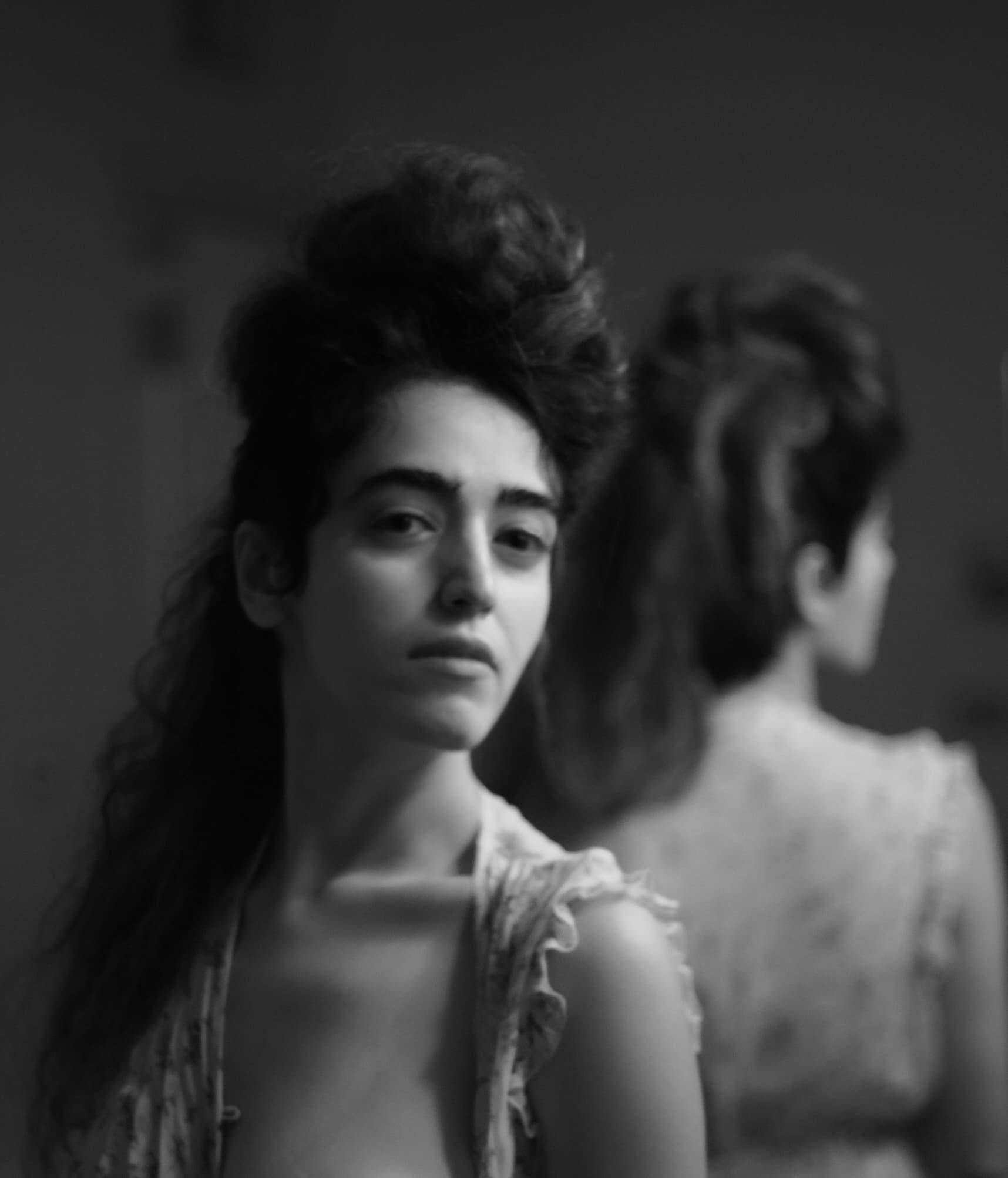Iranian Activist Faezeh Alavi Condemns Art Community's Perceived Sympathy for Terrorism

Iranian filmmaker, actress, and activist Faezeh Alavi has ignited controversy with a recent social media post sharply criticizing what she perceives as the "art community's" sympathetic stance towards terrorism. In a tweet, Alavi stated, "So... you rape, murder and take hostages. Then the West respects your copyright? What an incentive. The art community unlocks a new level of sympathy for terrorism." Her remarks underscore deep divisions within the cultural sphere following recent geopolitical events.
Alavi, a prominent critic of the Iranian regime and a vocal supporter of Israel, has consistently used her platform to advocate for human rights and challenge narratives she views as disingenuous or harmful. Her strong pro-Israel stance and opposition to "wokeism" in academia and arts have been well-documented, including her criticism of artists who participated in campaigns like "All Eyes on Rafah." She believes that a re-evaluation of Iranian-Israeli relations is crucial for the region's future.
The art world has indeed been a battleground of conflicting opinions and actions since the October 7, 2023, attacks and the subsequent conflict. Numerous controversies have emerged, including open letters, protests, and instances of censorship or show cancellations affecting artists and institutions on both sides of the Israeli-Palestinian issue. These events reflect a broader struggle over how cultural entities should respond to global conflicts and humanitarian crises.
Alavi's use of "copyright" in her tweet appears to be a metaphorical critique, suggesting that the art community, or elements within it, are extending a form of legitimacy or protection to cultural expressions originating from or associated with groups involved in actions she condemns as terrorism. This perceived legitimization, in her view, acts as an "incentive" for such acts, indicating a profound moral failing or hypocrisy. While no specific widely reported "copyright" dispute directly linked to the atrocities has surfaced, her statement highlights a perception of selective outrage and moral relativism within certain artistic circles.
This strong condemnation from Alavi adds to the ongoing, highly polarized discourse surrounding the role and responsibilities of artists and cultural institutions in addressing complex geopolitical conflicts. Her tweet reflects a sentiment among some who feel that parts of the Western art community have failed to unequivocally condemn certain acts of violence, instead focusing on narratives that, to critics like Alavi, appear to inadvertently legitimize or offer "sympathy" to those responsible.